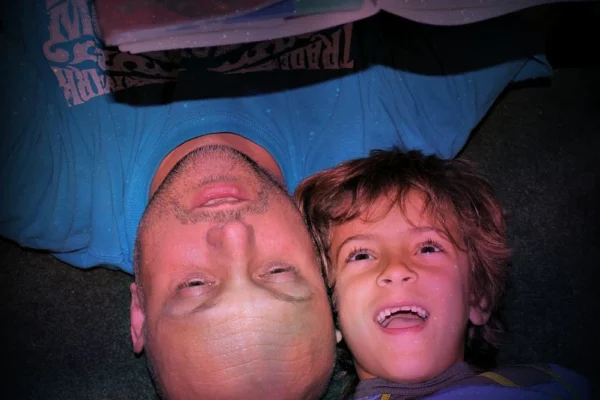
The longest activity in a typical day is sleeping. High quality and right quantity of sleep at the right time are more critical than most of us realize.
The negative effects of lack of sleep on cognitive skills and behavior are well documented. Lack of sleep reduces blood flow to the brain resulting in loss of attention, focus, physical and mental health.
The additional benefits of sleep, however, is not discussed as much. Healthy sleep habits promote focus, alertness and memory. But it is deeper than that. The brain learns new information while we are awake. What happens in the brain while sleep? While sleeping, brain replays the information we learn and neurons form new pathways and specific connections that facilitate learning and long-term memory. In addition, during sleep, the brain produces chemicals that are key to memory, tissue growth and cell repair.
Children who get enough sleep typically have less behavioral issues. Many studies show that good sleeping habits improve learning: reading, math, baseball swing, carpentering. It helps them to be more creative, control their emotions better, enhance their executive function and cognitive skills.
My 8 year-old dyslexic has excellent sleeping habits and sleeps on average 10 hrs daily. I realized recently, however, during the school week, if he has an extra 30 minutes of sleep, we see a boost in his behavior and endurance the following day. Considering the extra workout his brain takes on for reading throughout a school day, this resonates with me easily. Our measure of enough sleep now is when he wakes up on his own with a smile and can do his morning chores, get dressed, eat breakfast, get ready to leave for school, without being reminded. No need to say, mornings are much of a pleasant time for our family now.
Research about learning differences/disabilities and sleep mention that the brains of children with learning differences might be working harder during sleep, as well. Although these findings may be too early to conclude this factually, it is certainly something to keep in mind. Plus, a quick and simple adjustment could make a world of a difference for you and your child.
How much should my child sleep? The guidelines are general and vary for each child.
 Age Hours of Sleep
0-1 yr 14-18 hrs
1-3 yrs 12-14 hrs
3-5 yrs 11-13 hrs
5-12 yrs 10-12 hrs
12-18 yrs 8.5-10 hrs
So tonight, sleep tight.
Categories:
Share This:
Related Post
Search
Check Our
Books
As children learn to read, decodable books become an important part of the learning process.
Have A Question?
We’re happy to answer your inquiry to us.






